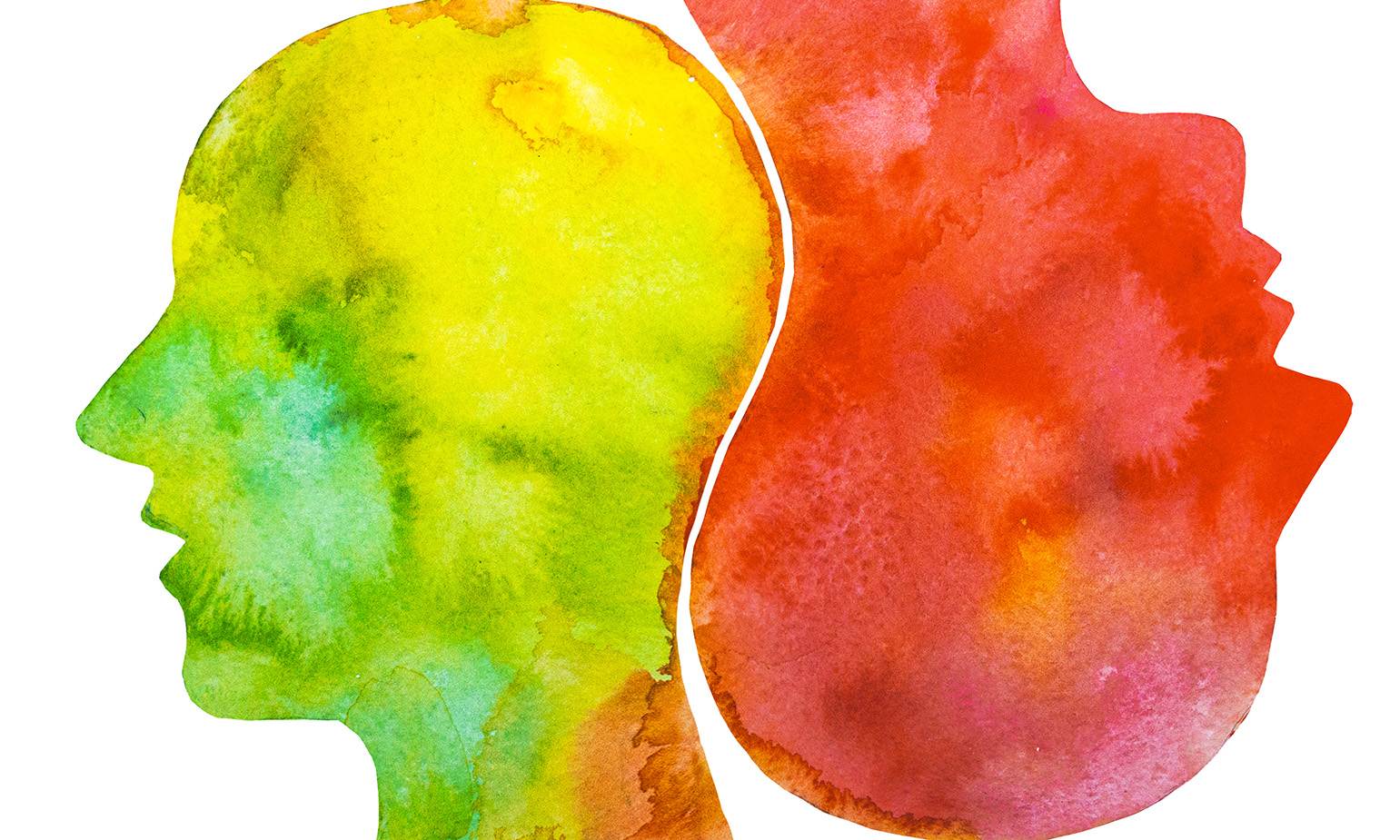DEEBA SHAFI
Bipolar Disorder is an Illness of the mood and affect. Like the name suggests- ‘Bi’- meaning two, and ‘polar’- meaning opposite poles. This means that people suffering from bipolar illness have mood fluctuating between high (mania/ hypomania) and low (depression).
These mood fluctuations are different from the daily ups and downs we feel. Changes in energy levels sleep patterns, ability to focus, and other features can dramatically impact a person’s behaviour, work, relationships, and other aspects of life. Between episodes, the person’s mood may be stable for months or years, especially if they are following a treatment plan.
In Bipolar Disorder, the person suffers from mania and depression during different phases of the illness. Each episode lasts for varied amount of time. They not follow a set pattern. Someone may feel the same mood state (depressed or manic) several times before switching to the opposite mood. These episodes can happen over a period of weeks, months, and sometimes even years.
It progresses differently in different people too. The number of days of each mood state and the severity also varies from person to person.
What are the risk factors for bipolar disorder?
- Genetics- increased risk if a parent or a sibling has bipolar illness.
- Environmental- any stress or major life event may trigger the onset in susceptible persons.
- Alcohol and / or drug addiction and abuse.
Men and women are affected equally; however, rapid cycling is seen more often in women. Women also tend to experience more depressive and mixed state episodes than do men.
What is the treatment?
Bipolar Disorder is a long term illness. It can be treated and managed to control the symptoms. The main stay of treatment is medications. These medications are not habit forming and do not cause a dependence. Have none to a few side effects. If side effects do develop, they can be managed or if not tolerable, it is possible to change to another medication.
It takes some time for the medicines to show effect. Compliance is most important. With treatment your mood does stabilize and one can function optimally and have an improved quality of life.
CBT- Cognitive Behaviour Therapy– this helps is identifying the triggers and replacing negative behaviours with positive ones. Helps to learn positive coping mechanism
Interpersonal therapy– to help improve inter personal relationships with family, friends and at work place that have been affected by the illness.
Psycho education– Learning and knowing more about the illness, its triggers and the 1st symptom to re appear, can help better manage the episode when there is a recurrence.
Routine
Have a daily routine which gives you a sense of control and keeps you motivated, including exercise. Avoid Alcohol and other drugs. Keep a journal of your symptoms. Inculcate time in healthy hobbies. Sleep cycle- maintain it. Sleep at night. Have the same wake up and sleep time. By being compliant to treatment, and with positive coping mechanisms, one can control the symptoms and stabilize the mood.
(Author is Consultant Psychiatrist & Counsellor, working in Delhi)









